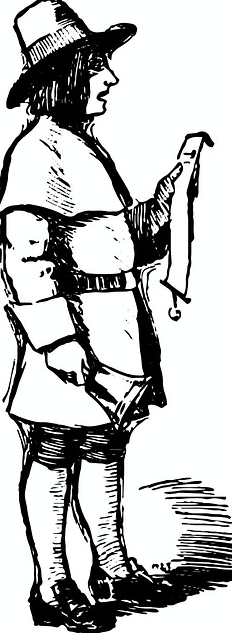Is Facebook a publisher? In public it says no, but in court it says yes. Who’s to say?

Facebook raised ire last week when, in an interview with Recode’s Kara Swisher, Mark Zuckerberg volunteered, unsolicited, that the platform would not be banning holocaust deniers – an editorial decision, which would make Facebook a publisher. In fact, The Guardian recently asked, Is Facebook a publisher? In public it says no, but in court it says yes In its defense against a former app startup, Facebook is contradicting its long-held claim to be simply a neutral platform. Strengthening the argument – its business model: Facebook makes its money off advertising.
Zuckerberg did note that the company plans on adding 20,000 people to help police the platform and to watch Facebook Live videos and alert authorities when certain people may be about to harm themselves. The number hardly dents Facebook’s bottom line. As Techonomy notes, “(Facebook) is the most profitable large company that ever existed… Its 43% net margins, on revenues that this year will exceed $55 billion, are unprecedented for a company this size. That means it will have profits this year, after taxes, of roughly $23 billion.”
What Zuckerberg Didn’t Say
Meanwhile, the vastly unchecked content has had devastating results in terms of manipulation of people and populations – by design – and political and human consequences, given the lynchings in India due to rumors spread via Whatsapp, as well as a Bloomberg report cataloguing how Facebook is being used for surveillance and disinformation (by governments).
And worse.
Since Facebook refuses to categorize itself, despite all outward indications of it being a media company, the regulators have stayed more or less hands off. Or at least that has been their story, to date. Lest we forget, Facebook and Google are the largest and perhaps most effective surveillance apparatuses every witnessed in the history of mankind. Notes Forbes, “One of the challenges with the vast automated machine that is Facebook’s advertising engine is that its sheer scale and scope means it could never possibly be completely subject to human oversight. Instead, it hums along in silence, quietly watching the platform’s two billion users as Big Brother, silently assigning labels to them indicating its estimates of everything from their routine commercial interests to the most sensitive and intimate elements of their personality, beliefs and medical conditions that could be used by their governments to manipulate, arrest or execute them.”
And worse.
According to Fast Company, Jaron Lanier, virtual reality pioneer and long-time Silicon Valley insider, who hasn’t been on social media for years, now likes to refer to Facebook and Google as “behavior modification empires.”
There is no doubt that Facebook does practice selective censorship (What Stays on Facebook and What Goes? The Social Network Cannot Answer.)
“Facebook is in over its head,” said tech sociologist Zeynep Tufekci tweeted. “But nobody has a full answer.”
Here’s a start: their decisions clearly have consequences. In that case, so should their policies.
Time to realize that by not controlling the conversation, Mark Zuckerberg is controlling the conversation. And no one person should have unfettered and unchecked control of the global town square. global town square. Given his growing number of missteps and apologies, it’s clear that Zuckerberg has lost control of the platform. It may now be time for him to give up at least partial control of his soapbox. Onward and forward.